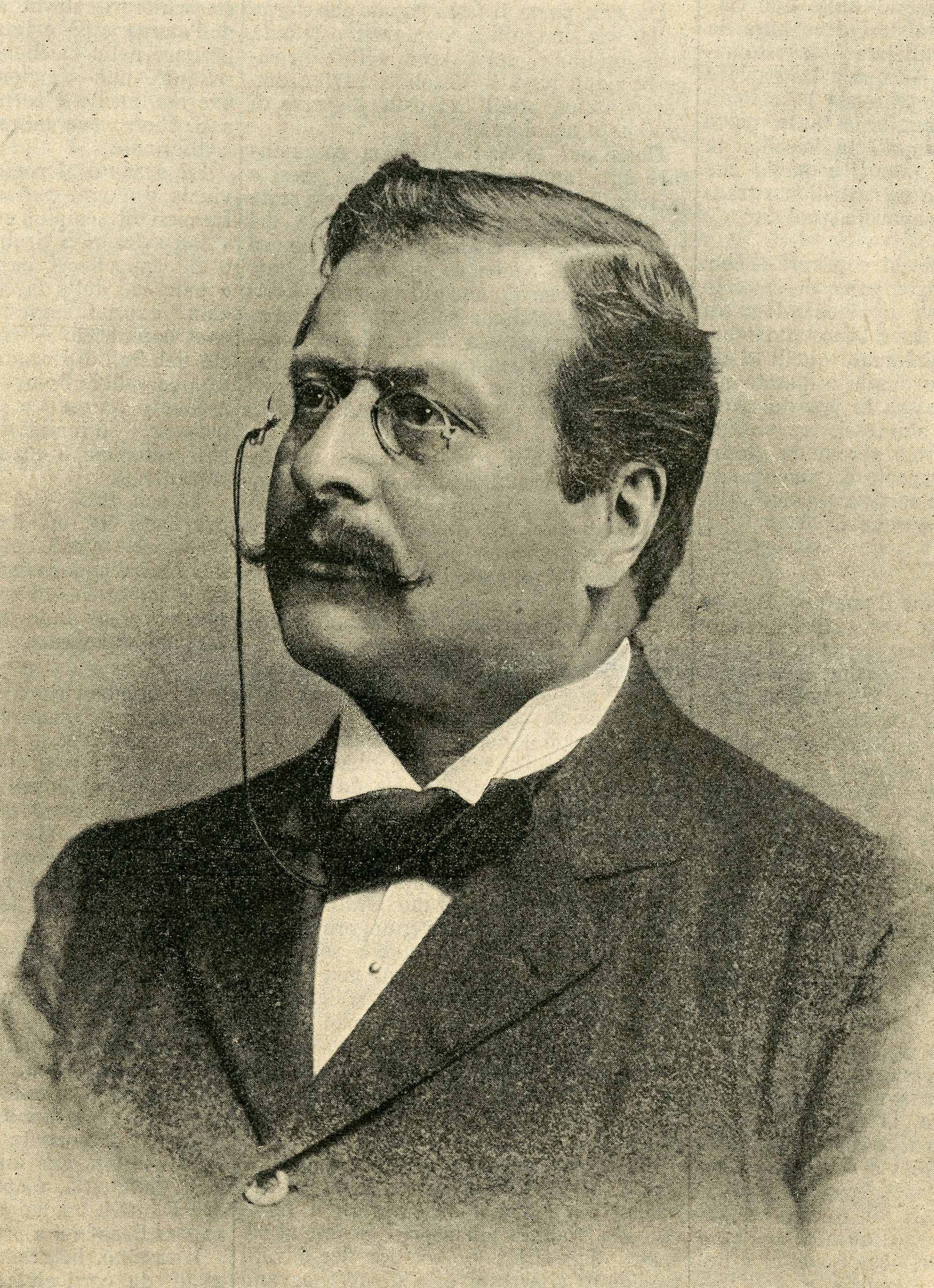Antonio Fratti ( 1845-1897 )

Antonio Fratti was an Italian politician, lawyer, journalist and newspaper publisher.
He was born on May 15, 1845, in Forli, an Italian city that was then part of the Papal State. He grew up in the atmosphere of political excitement and ideological fermentation created by the revolutions of 1848, which spread across most countries in Europe. In the Italian Peninsula, the liberal dimension of these revolts went hand in hand with the pursuit of national integration, which manifested itself in the movement for the Italian unification (also known as the Risorgimento). The establishment of the Kingdom of Italy in 1861 was the first success of that movement.
Fratti studied law at the University of Bologna. Alongside his law practice, he was a newspaper columnist. His political views echoed those of Giuseppe Mazzini. He was vice chairman of the Giuseppe Mazzini Group in Forli, as well as editor of Il Dovere newspaper, which belonged to the same ideological camp.
Inspired by Giuseppe Garibaldi’s patriotic message, Fratti joined the Garibaldini as early as the mid-1860s. Serving in this volunteer corps, he actively participated in the Third Italian War of Independence in the Trentino region in 1866 and in the Battle of Mentana the following year.
Fratti’s involvement in politics culminated in the 1890s, when he became member of the Italian Parliament from 1892 to 1895. He was also elected MP in March 1897 under the flag of the Italian Republican Party. Immediately after his success in the 1897 elections, Fratti decided to join the Garibaldi Redshirts under Giuseppe Garibaldi’s son, Ricciotti, a volunteer corps that sought to assist the Greeks in the Greco-Turkish War which broke out in April of the same year.
Alongside hundreds of other Garibaldini (including seven more MPs), Fratti arrived at the port of Piraeus and was sent to the battle front. He fought in the Battle of Domokos (May 5, 1897), in which he died.
News of his death aroused a wave of sympathy in the Greek public. In a telegram, the President of the Hellenic Parliament, Alexandros Zaimis, assured the President of the Italian Parliament, Giuseppe Zanardelli, that Fratti’s name would remain forever etched in the hearts of the Greeks, side by side with that of another great Italian Philhellene, Santorre di Santarosa, who had also given his life for the liberty of the Greeks during the War of Independence. Acknowledging Fratti’s contribution to the Greek cause, the City of Athens sent a telegram of condolences to his family, underlining that Fratti’s sacrifice had been made on the altar of a noble cause. “Grateful Greece,” the telegram concluded, “will list his name among those of heroes and will preserve his dear memory eternally.”
Fratti was buried at Domokos. In the summer of 1902, his bones were transferred to Italy and deposited in Forli Cemetery.




